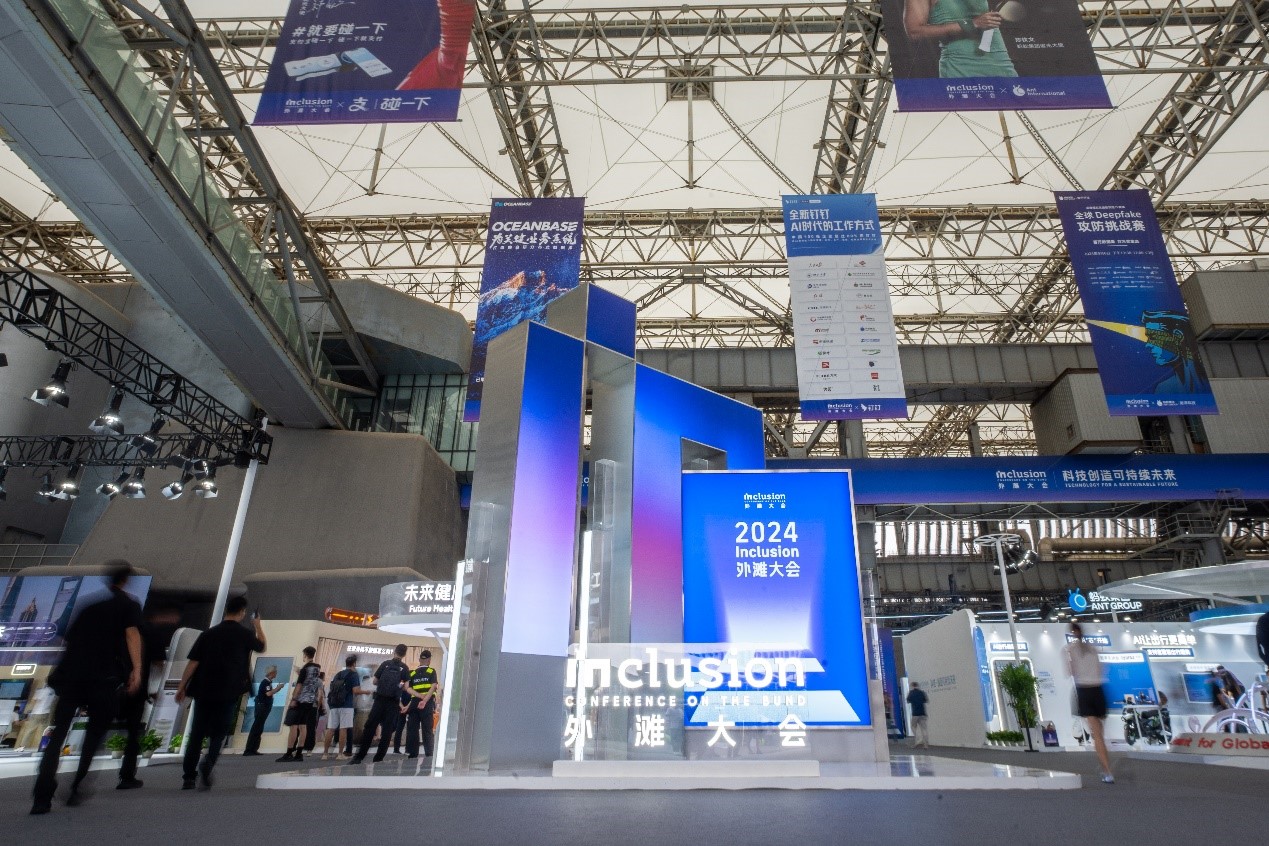Intl teams crowned in 2024 Inclusion's first AI innovation competition

The Inclusion Conference on the Bund announced the winners of its inaugural AI Innovation Competition on Sept 3, two days ahead of the conference running from Sept 5 to 7 in Shanghai.
The competition, featuring two tracks, the AFAC2024 financial intelligence innovation competition and the Global Multimedia Deepfake Detection Challenge, drew over 7,000 teams from more than 20 countries.
The competition aimed to foster innovation, encourage collaboration, and showcase practical AI applications. Participants from world's leading universities such as Peking University, Fudan University, Stanford University, Massachusetts Institute of Technology, and the National University of Singapore, along with tech giants like Microsoft, Google, Meituan, and Xiaohongshu, competed for top honors.
The AFAC competition awarded prizes in three categories: Challenge, Startup, and Enterprise. The Deepfake Challenge saw a joint team composed of the scholars from the special administrative regions of Hong Kong and Macao win the image track, achieving a 97.038 percent deepfake detection rate, while individual participant Tang Yongwei won the audio and video track. Tang, a self-taught computer science enthusiast, also secured second place in the AFAC competition's Financial Tool Learning track.
"Holding such an international competition during the Bund Conference is a win-win situation," said Xiao Yanghua, professor at Fudan University's School of Computer Science and one of the AFAC2024 competition's question setters. "It serves as a platform for innovation, strengthens international talent exchange, and extends the influence of the conference beyond just a few days."
The competition featured real-world challenges in finance, technology, and lifestyle, with a focus on both cutting-edge technology and practical applications. The Deepfake Detection Challenge, overseen by Wang Yaonan, an academician of the Chinese Academy of Engineering, utilized a dataset of over one million real and synthetic images and audio recordings, simulating real-world scenarios and fostering the development of responsible AI solutions.
Ant Digital Technologies CEO Zhao Wenbiao emphasized the global significance of deepfake technology: "Deepfake has emerged as a global technical challenge, and this competition serves as an exceptional platform for researchers to exchange knowledge and collaborate.”
"The Deepfake Detection Challenge provides an excellent opportunity for researchers to test their skills in a highly realistic environment," said Zhou Tianyi, deputy director of the Agency for Science, Technology and Research's Centre for Frontier AI Research. "This contributes to the integration of industry, academia, and research, and cultivates responsible and practical talent."